
Are Your Musical Equipment BIS-Compliant?
Is your musical equipment BIS (Bureau of Indian Standards) compliant or do you know why your musical equipment should be registered under BIS?
From gramophones to wireless Bluetooth speakers the audio industry has come a long way and continues to advance day by day.
The increased usage and complexity of audio devices in this modern era have made it crucial to ensure their safety.
With this, in mind, India’s national standard body, the Bureau of Indian Standards adopted the International Electrotechnical Commission’s (IEC) safety standard to regulate and certify audio products to guarantee their safety for consumers.
Here, in this article, we will discuss the importance of the Bureau of Indian Standards for various audio devices and the requirements for their registration.
Bureau of Indian Standards (BIS) and Expansion of CRS Phases
As a result of the growing demand for safer audio products, the Bureau of Indian Standards has expanded the Phases of the Conformity Assessment Scheme (CRS).
This covers various varieties of audio devices to meet the safety standard. Let’s check which music equipment falls under the CRS:
Optical Disc Players with Built-in Amplifiers
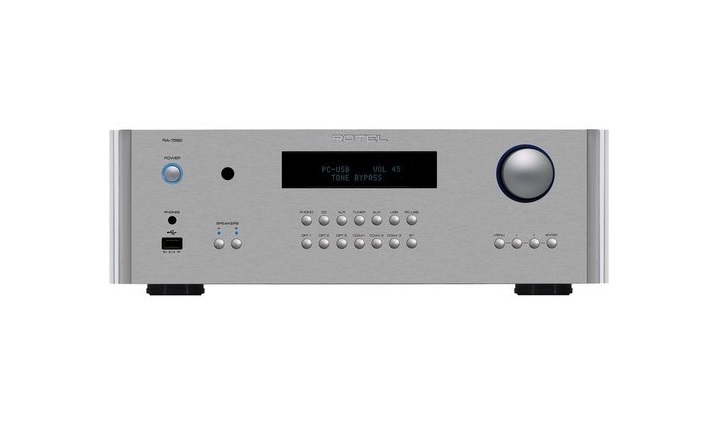
The optical disc player plays audio through compact discs. There are many places you can find CD players, such as home radios, car audio systems, computers, and portable CD players.
BIS covers optical disc players with built-in amplifiers whose power does not exceed 200W.
Amplifiers
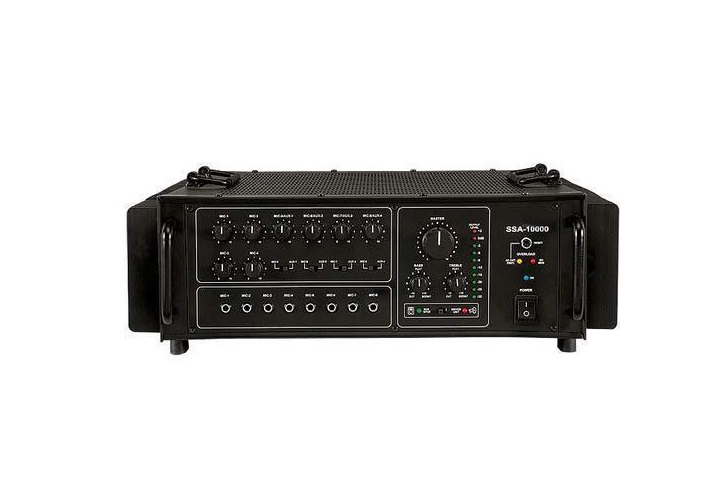
Amplifiers are devices that are used to increase the voltage of a signal. So, to increase the amplitude of a signal, they are used in audio equipment, music equipment, and electronic devices.
BIS-CRS covers amplifiers with an input power of 2000W and above.
Electronic Musical Systems
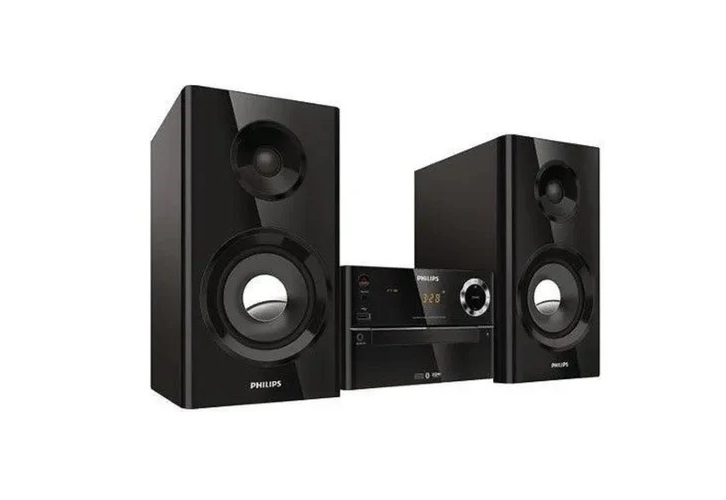 An electronic music system is a stereo system that plays music through the mains and is available in a variety of styles and sizes.
An electronic music system is a stereo system that plays music through the mains and is available in a variety of styles and sizes.
Electronic musical systems are divided into two categories:
One type of electronic musical system is that has an input power above 200 Watts; another type has an input power of less than 200 Watts.
However, both types of musical systems are covered under the BIS-CRS Scheme.
Wireless Headphones and Earphones
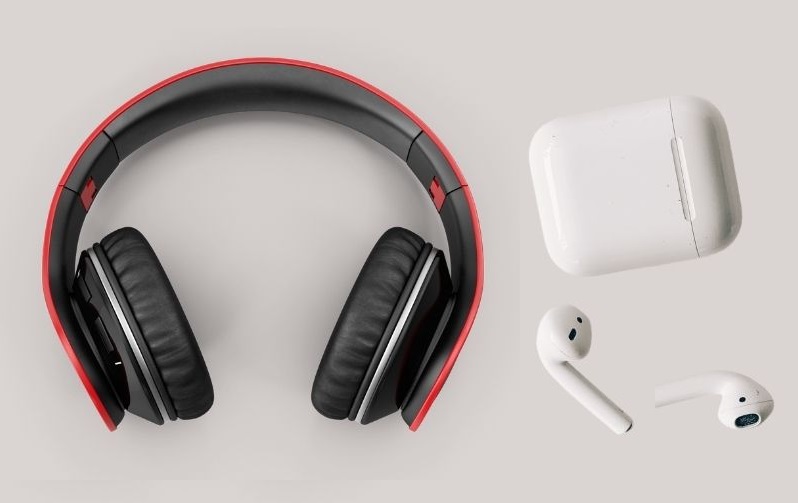
Wireless headphones and earphones are very popular gadgets that connect via Bluetooth with smartphones, tablets, laptops, and so on.
According to the new report from MeiTy, all models of headphones and earphones must register under the Bureau of Indian Standards (BIS).
Wireless Microphone
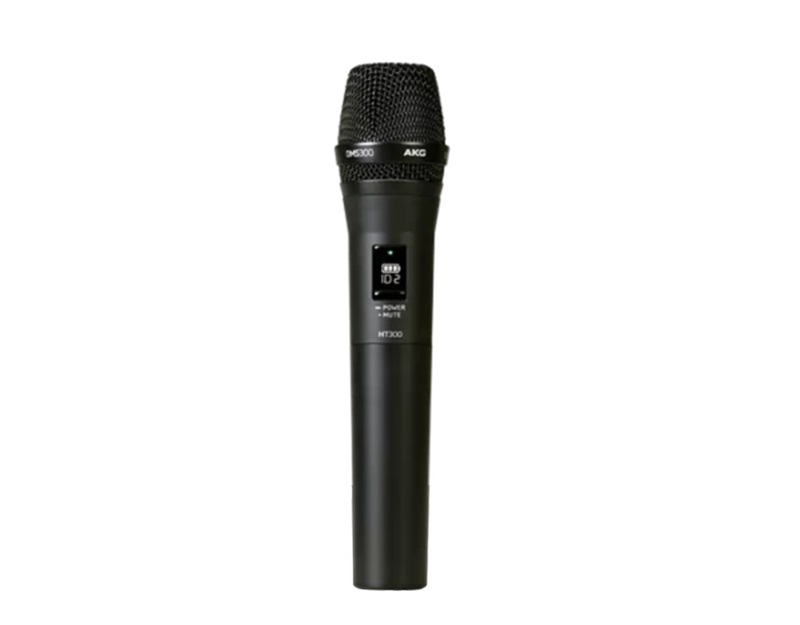
Wireless or cordless microphones are those that connect directly to sound recording or amplification equipment.
Therefore, all models and brands of wireless microphones must obtain BIS Certification including a handheld, clip-on, bodypack, headset, and all other forms of wireless microphones.
Smart Speakers (With and Without Display)
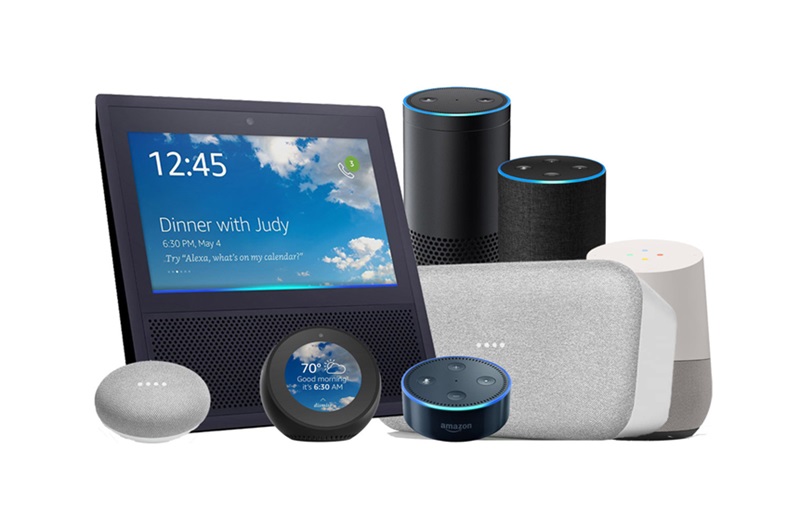
A smart speaker is a portable device with several features, such as an integrated virtual assistant, a dictionary, a weather forecast, maps, directions, etc.
A smart speaker can either have a display or not, and can also interact with other smart devices, such as devices controlling home automation systems, through Wi-Fi, Bluetooth, and other protocols.
BIS registration is required for all smart speakers sold in the Indian market, whether they are made by an Indian or foreign manufacturer.
Bluetooth Speakers
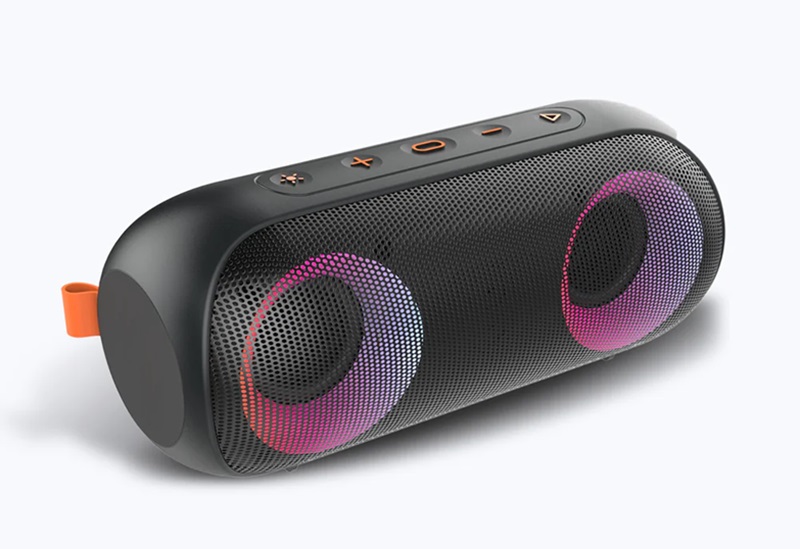
Bluetooth speakers are those that can connect to your gadgets wirelessly. They are most portable, and you can take them almost anywhere you go.
Under the BIS-CRS Scheme Bluetooth speakers must undergo registration by 616: 2017.
Does Active and Passive Speakers should be BIS Certified?
As we all know, some gadgets come with external and internal speakers.
So, it is essential to know the difference between active and passive speakers and is it necessary for all speakers to be BIS certified?
Active speakers: Active speakers are those speakers which have a built-in amplifier and can thus reproduce sound. As a result, BIS provides coverage for active speakers.
Passive Speakers: Speakers without amplifiers are passive speakers, which cannot reproduce sound. As a result, they are exempt from BIS registration.
Importance of BIS Certification for Your Audio Products
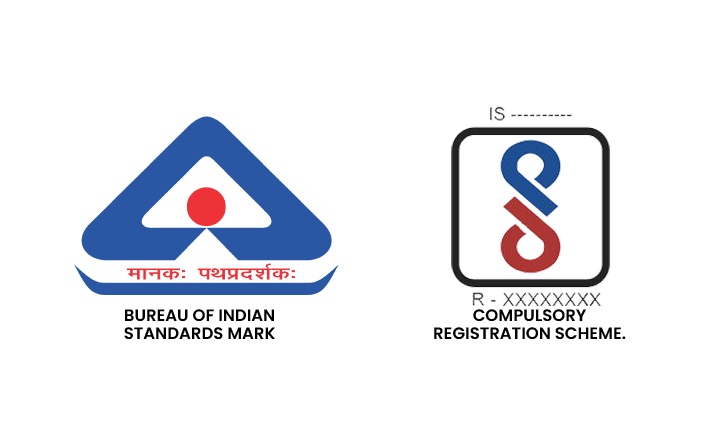
BIS certification is not only a regulatory need but also the hallmark of quality and safety assurance.
As a manufacturer or importer of audio products, obtaining BIS certification indicates compliance with national standards and ensures that your products are safe for consumers to use.
In addition, BIS certification offers consumers peace of mind that the products they use are safe to use and have been thoroughly tested.
A BIS certification is not just about protecting consumers, it also prevents the use of materials and chemicals that harm the environment.
Let us now turn our attention to the facts you should be aware of before sending your audio product for testing.
Key Facts to Know Before the BIS Testing Process
Before initiating the testing process for your audio products, it is paramount to be aware of certain requirements:
1. When delivering a sample product for testing, ensure you include all necessary accessories, such as USB cables and power adapters.
2. If your product includes a power adapter, it must be BIS certified to IS 616:2017 before the product’s registration.
3. The cell or battery in the product must be registered with BIS before the product registration process.
4. For TWS ((Truly Wireless Stereo) products, both the charging case and earbuds must be pre-registered before proceeding with the registration of the product.
5. A cell, a battery, a power adaptor, and the final item come in the BIS registration order. It is best to register both a battery and a power adaptor at the same time.
Get BIS-CRS Certification with Vincular

Vinular is the leading regulatory compliance company in India offering comprehensive solutions for BIS -CRS Certification with a team of dedicated and experienced experts.
Not only do we specialize in BIS- CRS Certification, but we also provide services to a wide range of industries, including waste management, BEE, PESO, CDSCO, ARAI and so on so you can rest assured that your compliance requirements are well taken care of.
Conclusion
As the audio industry continues to thrive and introduce innovative products, safety, and compliance with standards become vital.
BIS certification ensures that your audio products are safe and sound for consumers, enhancing their trust in your brand.
Moreover, by adhering to standards, you contribute to a safer audio market in India, where consumers can enjoy their music without any worries.
So, always remember, “The only good system is a safe & sound system”.